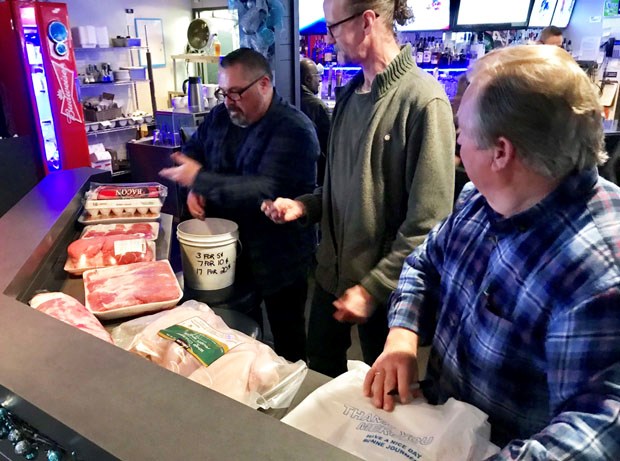Will the city and school board work out a new deal on playground replacement at schools?
That’s the big question, involving big dollars, facing both arms of local government as trustees look to take the fundraising pressure off parents.
The city is already facing the prospect of replacing approximately 30 of its own playgrounds at an estimated cost of about $100,000 each. Most city playgrounds were replaced between 2002 and 2005 and are nearing the end of their life cycle.
Replacement of these playgrounds with current play features is becoming a priority, both from a childhood development and public safety standpoint, according to Delta’s parks, recreation and culture department.
Now on top of that, the school district is hoping the city will play a bigger role in replacing playgrounds at schools.
This fall, prior to the civic election, the Delta board of education approved a motion for staff to prepare a report in early 2019 that would seek stable and equitable funding for playground construction and replacement.
The rationale includes the fact playgrounds on school properties are used by the community as well. Also, many parent advisory councils, which face other fundraising demands, have had challenges raising playground funding, which is creating an inequity among schools.
Delta District Parent Advisory Council chair Joe Muego told the Optimist this week that it’s important for the board continue to look for creative ways to ensure all students thrive.
“Parents have often highlighted the difficulty for some schools to raise money to help build facilities, and many have questioned if this is even the role of PACs. Nevertheless, even with the existing cost sharing grants in place with the city, some school communities are simply not able to take advantage of these opportunities,” he said.
“Ultimately physical development and learning is essential, but there needs to flexibility in how the funds are raised and allocated. By this I mean the district staff and board know best the specific school needs and they should be making these decisions with the support of other jurisdictions. If there are still opportunities for parents to target individual projects and stimulate community building, then that would be a bonus.”
Delta's current policy for a standard playground cost-sharing project with school PACS sees the municipality contribute 50 per cent to a maximum of $35,000. However, for a playground using more natural play elements, Delta would provide up to $45,000 as well as up to $5,000 for a professional landscape architecture service to come up with the design.
Trustees want to explore new models that could not only include the city but also potential business and private donations as well as government grants.
A school board spokesperson this week noted the district has yet to have funding discussions at the council/school board liaison committee.
City council, meanwhile, recently voted in favour of proceeding with replacement of a city playground that had fallen into decay in North Delta. It awarded a $71,524 contract for new equipment at Annieville Lions Park to replace the play apparatus that was installed in 2001 but had to be taken down this summer. That’s because it was found to have become unstable due to decaying wood.



